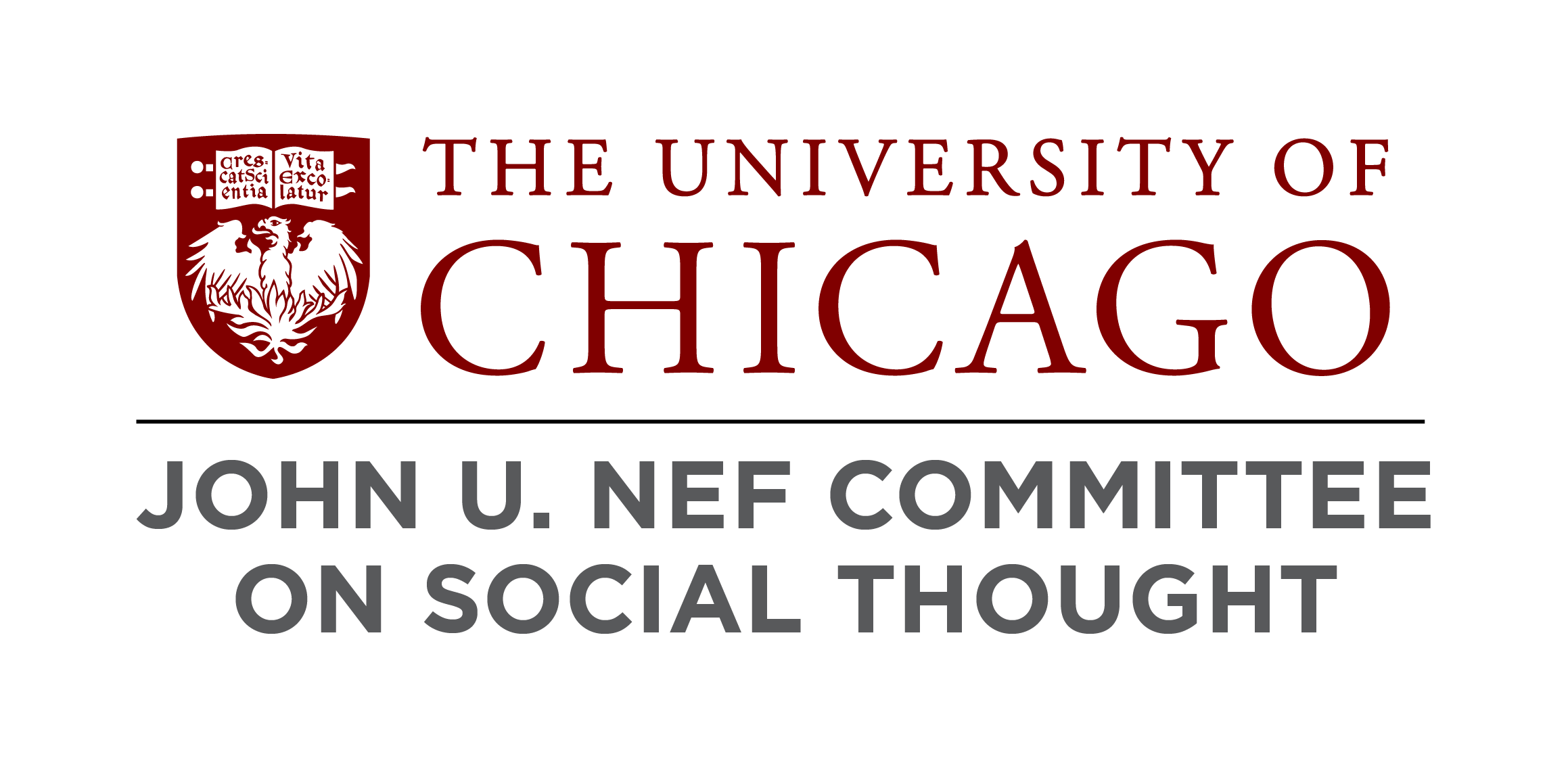Remembering Jonathan Lear, 1948–2025
Dear colleagues,
With great sadness, we write to let you know that our colleague and friend, Jonathan Lear, passed away this morning. Jonathan was the John U. Nef Distinguished Service Professor in the Committee on Social Thought and the Department of Philosophy.
In April 2024, as you will recall, Jonathan gave the Nora and Edward Ryerson Lecture. Given since 1972, University of Chicago faculty nominate one of their peers who has made “research contributions of lasting significance” to give this lecture. At the invitation, Jonathan said, “It is an honor to be invited to give the Ryerson Lecture. I am delighted and very much look forward to trying out some ideas with my colleagues.” His talk, “Gratitude, Mourning, Hope and Other Forms of Thought,” explored what it entails to express gratitude. Today, we are both reflecting on how grateful we are for Jonathan’s life and presence in our community.
The ideas Jonathan pursued throughout his distinguished career were remarkable, wide-ranging, and impactful across fields and interests. As his friend and colleague Robert Pippin, the Evelyn Stefansson Nef Distinguished Service Professor in the Committee on Social Thought and the Department of Philosophy, noted in remembrance, “Jonathan’s work spanned an extraordinary range of disciplines and topics. He published two early, highly regarded books on Aristotle, one on his logical theory, and the other on his general approach to philosophy and metaphysics. He continued to publish on ancient philosophy but also wrote several very influential and path-breaking articles on the work of Ludwig Wittgenstein, including his own speculations on Wittgenstein’s revolutionary approach to philosophy. Trained and licensed as a psychoanalyst (which he practiced at Yale and on the fifth floor of Foster Hall at Chicago), he published in psychoanalytic journals and on the relation between philosophy and psychoanalysis, both for those audiences and for a more general public. During the controversies about Freud in the nineteen-nineties, Lear was the most prominent international defender of psychoanalysis. He wrote a highly original interpretation of Freud, Love and its Place in Nature in 1990, right before he joined the Committee on Social Thought in 1994, and in much of his later work he combined his interests in ancient thought, Wittgenstein, Freud, and Kierkegaard in several books and collections on such fundamental human topics as love, happiness, death, hope, irony, wisdom, mourning and in the work he was working on when he died, gratitude. He was especially proud of his 2006 book, Radical Hope: Ethics in the Face of Cultural Devastation, a book about the Crow tribe with whom he had become quite close in working on the book. In often deeply moving prose, he chronicled and analyzed how the Crow were able to maintain hope after the loss, or rather the destruction, of their traditional way of life. It has become a book for our times, when the possibility of hope in the future seems an ever more difficult possibility.”
Among his many achievements, Jonathan was a recipient of an Andrew W. Mellon Foundation Distinguished Achievement Award and an elected member of the American Academy of Arts & Sciences. A member of the University of Chicago faculty since 1996, he served as the Roman Family Director of the Neubauer Collegium from 2014 to 2022. He trained in Philosophy at Cambridge University and The Rockefeller University where he received his PhD in 1978. He joined UChicago from Yale University.
Our thoughts are with Gabriel and their family at this time. We will share plans for a memorial when those arrangements have been made.
In sadness,
Amanda Woodward, Dean, Division of the Social Sciences
Debbie Nelson, Dean, Division of the Arts and Humanities
September 22, 2025
Those who cared for and admired Professor Lear as a teacher, writer, friend, and colleague may wish to explore the following collection of online interviews, lectures, and exhibits. The Apsáalooke Women and Warriors exhibition was especially important to him, as some of the interviews make clear.
Podcasts
Jonathan Lear - Virtue Ethics, Alasdair MacIntyre, and Psychotherapy
Finding hope in a world on the brink
Why Mourning Is Essential to Our Well-Being, with Jonathan Lear
Videos
The 2024 Ryerson Lecture: ‘Gratitude, Mourning, Hope, and Other Forms of Thought’
Robinson’s Podcast, ‘Jonathan Lear: Free Association and the Fundamental Rule of Psychoanalysis’ (2023)
Newberry Library, 'Imagining the End, Part I' (2020) [Transcript only]
Newberry Library, ‘Imagining the End, Part II: Transience and Hope – A Return to Freud in a Time of Pandemic’ (2020)
Newberry Library, ‘Imagining the End, Part III’ (2020)
De Nicola Center for Ethics and Culture, ‘Jonathan Lear on Alasdair MacIntyre and Therapeutic Method’ (2019)
Interviews and Profiles
Institute for Social Concerns, ‘Radical Hope Retrospective: An Interview with Jonathan Lear’ (2022?)
Daniel Oppenheimer, ‘Out of Unbearable Loss, A Vision of Radical Hope’, Washington Post November 9 2022
Andy Fitch, ‘Taking in the Teacher with the Teaching: Talking to Jonathan Lear’, Los Angeles Review of Books, April 27 2018
Alan D. Pichanick, ‘Interview: Jonathan Lear, The University of Chicago’ Expositions 6 (2012): 1-8
Interviews and Profiles
The Point magazine tribute essays
The Apsáalooke Women and Warriors Project – The Neubauer Collegium and the Field Museum(2020)
https://www.artoftheancestors.com/blog/apsaalooke-women-warriors-field-museum
https://neubauercollegium.uchicago.edu/exhibitions/apsáalooke-women-and-warriors
https://www.fieldmuseum.org/about/press/newest-field-museum-exhibition-will-highlight-native-american-women-and-warriors
https://www.chicagotribune.com/2020/03/12/apsalooke-women-and-warriors-is-field-museums-first-major-show-curated-by-a-native-american-scholar/
 THE UNIVERSITY OF CHICAGO
THE UNIVERSITY OF CHICAGO


